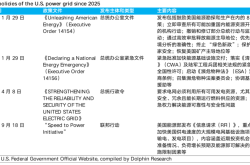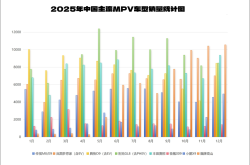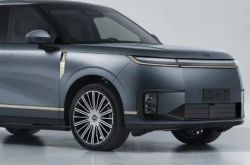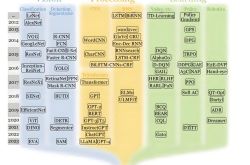Late Starter? Dongfeng and Nissan Invest 1 Billion in New Venture, Aiming for Export Growth
![]() 07/02 2025
07/02 2025
![]() 894
894
For joint venture automakers generally facing a downturn, the consensus for overcoming the challenge is twofold: one, to create more competitive new energy vehicle models by integrating local supply chains; two, to open up export channels and sell domestically produced models overseas. Exports, undoubtedly, offer a faster path to results, and many joint ventures have already reaped the benefits.
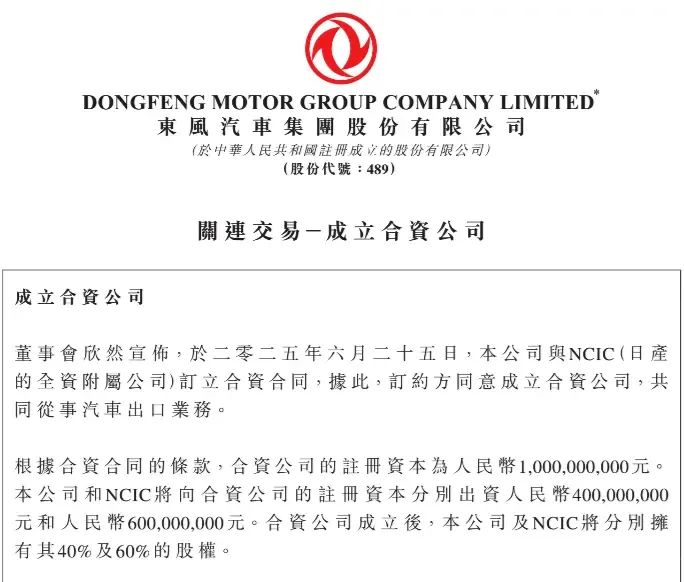
Just last week, Dongfeng Motor Group announced it had signed an agreement with Nissan (China) Investment Co., Ltd. (NCIC) to jointly establish a venture with a registered capital of 1 billion yuan. Dongfeng invested 400 million yuan for a 40% stake, while Nissan China invested 600 million yuan for a 60% controlling stake.
The decision to establish a new joint venture specifically for exports is multi-faceted. Nissan is currently undergoing its toughest test in nearly two decades, even requesting dealers to accept delayed payments. Each new investment by Nissan, therefore, requires meticulous consideration. The export business of this new venture will be crucial in Nissan's last-ditch efforts.
Breaking the Export Impasse: The Rationale Behind an Independent Joint Venture
The new joint venture has a clear mandate: to export complete vehicles, parts, and related accessories to overseas markets. This initiative is not an ad hoc decision but a cornerstone of Dongfeng Limited's "DNA+" strategy launched in 2023.
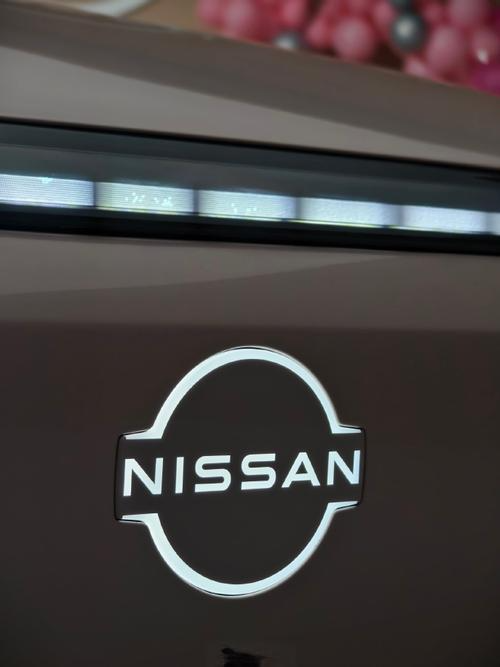
The export business holds multiple strategic values for Nissan. Firstly, it can directly revitalize idle capacity. According to Nissan, Dongfeng Nissan plans to commence its export business in 2025 with an initial goal of exporting 100,000 vehicles annually, including four Nissan-brand new energy vehicle models.
Secondly, the joint venture can leverage China's cost advantages in the new energy industrial chain. Given China's prowess in new energy technology and cost-effectiveness, Nissan's domestic production models can complement and enrich its global product line.
While joint venture automakers are engaging in export businesses and transforming Chinese factories into new production bases for global exports, it is unusual for a company like Nissan to specifically establish a new joint venture. The main reason lies in the new company's shareholding ratio.
"AutoTalk" observed that Dongfeng Group and NCIC jointly invest in two main automotive companies: Dongfeng Motor Co., Ltd., with each party holding a 50% stake, and E-GT New Energy Automobile Co., Ltd., with Dongfeng Group holding 50%, and NCIC and Renault each holding 25%.
Therefore, in the new company's shareholding structure, Nissan's 60% controlling stake signifies its dominant position in the joint venture. Dongfeng, with a 40% stake, gains opportunities to participate in global business expansion. This design strikes a balance between the interests of both parties.
Pioneering Models: Have New Energy Exports Missed the Boat?
The new joint venture has a clear roadmap for new energy products. It is reported that the Frontier Pro plug-in hybrid pickup truck produced by Zhengzhou Nissan and the Dongfeng Nissan N7 pure electric sedan are expected to be the main models for the first batch of exports.
The Frontier Pro PHEV is Nissan's first global plug-in hybrid pickup truck, jointly developed by the Sino-Japanese R&D team at Zhengzhou Nissan. The plug-in hybrid system can output up to 800 Nm of torque, targeting high-end consumption scenarios such as camping and off-roading. The Dongfeng Nissan N7, positioned as the "most family-friendly" pure electric sedan, is considered a crucial solution to alleviate the shortage of Nissan's electric vehicle products in the Japanese market.
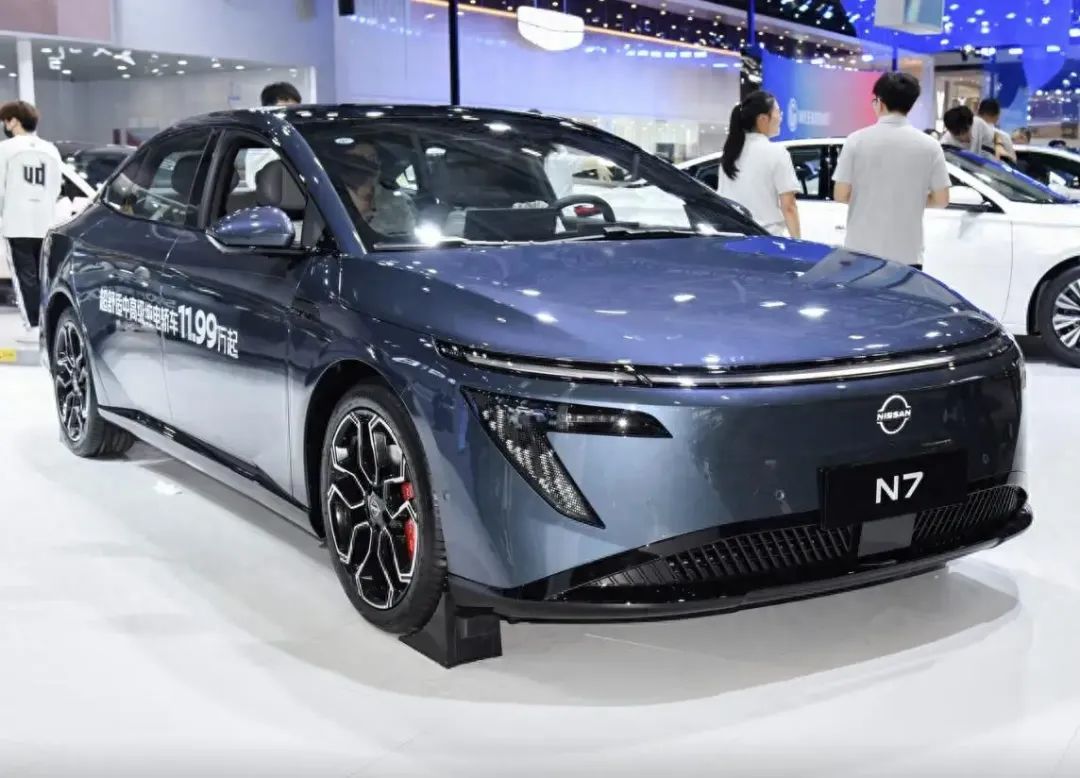
In terms of market layout, the new joint venture will avoid European and American markets with higher trade barriers, focusing instead on Southeast Asia, South America, Africa, and the Middle East. Nissan plans to leverage its global dealer network to launch these China-developed and produced models globally within one year.
While the vision is promising, the new joint venture faces multiple challenges. Firstly, the slowdown in global demand growth for electric vehicles is an industry consensus, and the reduction of electric vehicle subsidy policies in many countries poses a direct threat to Nissan's export plans. Furthermore, Nissan's domestic sales of new energy vehicle models are already grappling with production capacity issues. Currently, the Dongfeng Nissan N7 has a long delivery cycle, indicating that production capacity is still ramping up, making it difficult to have "spare capacity" to supply the overseas market in the short term.
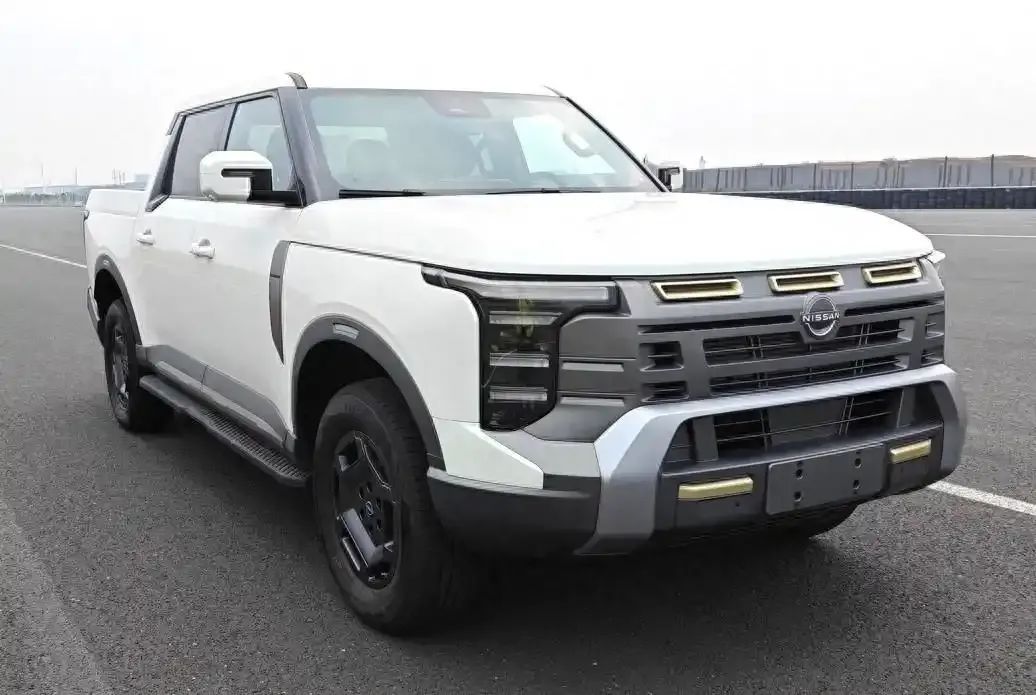
In terms of timing, Nissan's actions are notably slower than its competitors. Yueda Kia started its export business as early as 2018 and achieved an annual export volume of nearly 50% by 2024. Changan Mazda's export business also effectively drove sales growth last year. Compared to these joint ventures, Nissan's export business advancement speed is clearly lagging behind.
The success of the new joint venture will hinge on multiple variables. Nissan is now in a race against time. While it may be challenging to achieve the initial annual export target of 100,000 vehicles as scheduled, Nissan needs to accelerate the export progress of the N7 and Frontier Pro PHEV while simultaneously preparing "alternative" export plans for other new energy vehicle models.


